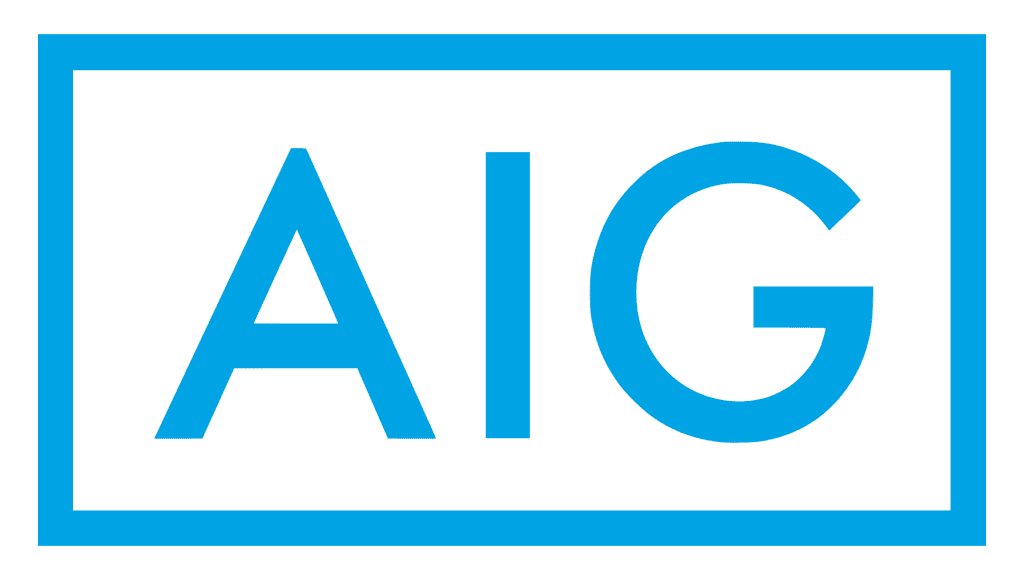Types of Income Protection
There are three main types of cover to choose from:
Age-Related policies - The premiums are cheaper but price will increase each year. These plans are not affected by occupation or lifestyle so are great for higher risk individuals.
Guaranteed plans - the price will stay the same or only increase if you increase your cover.
Reviewable plans - the insurer can increase your plan as you get older (but cheaper up front)
Long-term or Short-term?
This is an important choice, but what is the difference?
Long-term plans give you a tax free monthly income until you are able to return to work or retire!
Short-term plans will typically only pay out for a maximum of 12 or 24 months per claim (cheaper)
Helps to make sure you don't fall behind with your monthly bills – like your mortgage/rent – if you’re ever off work due to illness, injury or disability.
Add up the total monthly contributions you need to meet for debts (mortgage,credic cards & loans) as well as any other expenses you would need to be covered such as childcare.
You may also want to cover contributions towards optional expenses like holidays, although this could be considered a luxury.
It varies between providers but usually the maximum you can claim 60% -65% of your gross annual
You can choose how long you need it to last, this can be until you have paid off the mortgage or simply until your expected retirement age.
This means that you know what the price will be in the future.
The premiums are cheaper but price will increase each year. These plans are not affected by occupation or lifestyle so are great for higher risk individuals, or those who do allot of manual labour.
Short-term income protection covers a portion of your monthly income should you suffer an accident or sickness for a maximum of 12 or 24 months per claim.
Long-term income protection covers a portion of your income due to accident or illness until your plan expires or you are fit to return to work.
It depends on how much income you are still recieving, for example; if your maximum allowance is 60% of your normal gross income and you are still receiving 50% of your normal salary, then you will only be able to claim the remaining 10% of your allowance from income protection.
This is why it is important to understand your sick pay benefits, so that you are not paying for cover you cannot use.
Index Linked Income Protection will track with inflation, usually the retail price index.
In practice this means each year you will get a renewal annualy, this will likely increase both your cover and your monthly premium.
Using a combination of both your personal circumstances such as your age and health as well as the comprehensiveness of the policy.
A Deferral Period is the length of time you have to wait after becoming injured or ill before you are able to claim.
The faster you want to claim the more the plan will cost, so the best thing to do is work out how long you could maintain your bills without help using sick pay and savings.
Example: if you have 2 months sick pay and savings which would last for 1 month, then a deferral period of 3 months would be suitable.
Each plan has a definition of how sick you need to be in order to claim after your deferral period is completed, these are broken down into 3 main categories:
Own Occupation - This is the best and means that you can claim if your doctor says you are unable to do your job.
Suited Occupation - This is harder to claim on, but still reasonable; you may not be able to do your job but could you do something similar?
Worked Tasks/Activities of Daily Living - This is the least favourable of the options and is usually found on plans covering more hazardous occupations. In this circumstance your injury/illness/disability needs to render you unable to complete a number simple tasks in order to claim; like reading a newspaper or going to the toilet without assistance.
Waiver of Premium is a form of payment protection, this is so that whilst you are claiming you do not have to continue to pay the monthly premium for your insurance.
Yes - Benefits vary between providers but most offer a number of benefits such as help with legal issues, secondary medical oppinions and in some cases medical assistance and therapies to help you get back to work (which is good for everyone).
These can vary between providers so it is a good idea to check before making a purchase, but often include:
Pregnancy - Normal childbirth is not usually covered, however most will still cover complications which arise as a result of childbirth.
Pre-Existing/Chronic Conditions - Conditions diagnosed before you take out your plan are unlikely to be covered. However plans are individually underwritten and so these will usually be explicitly noted as exclusions when you apply.
Self Inflicted Injuries/Illness - If you have failed to follow medical advice which has then led to your inability to work this will likely be excluded, likewise if you intentionally injure yourself this would also be excluded.
















